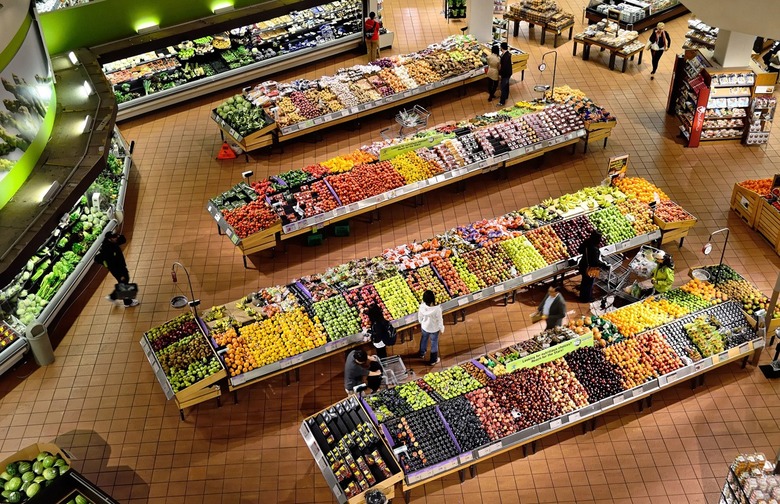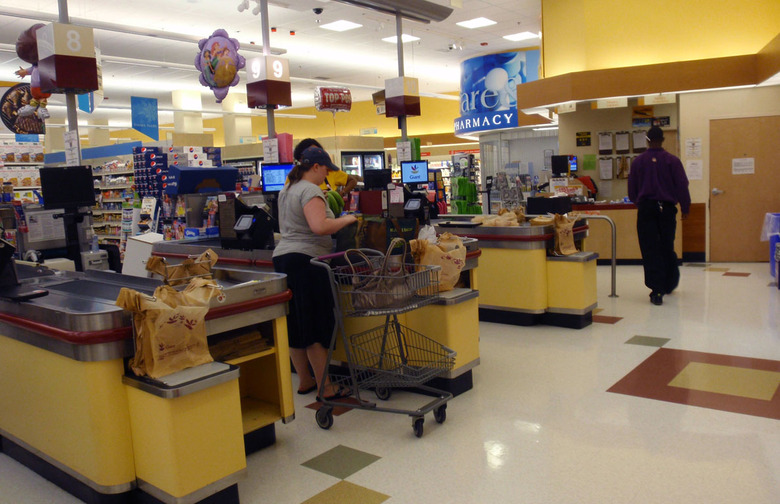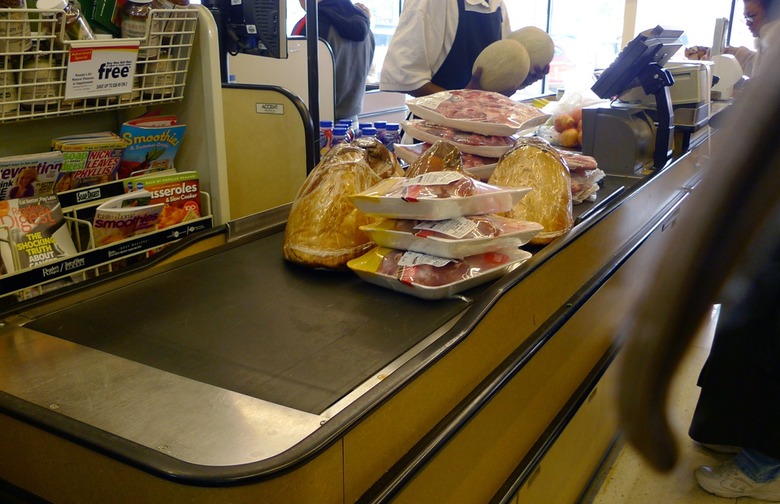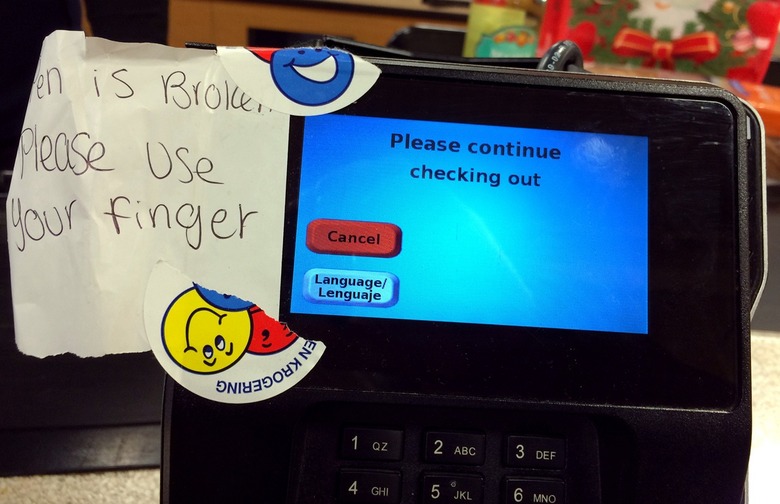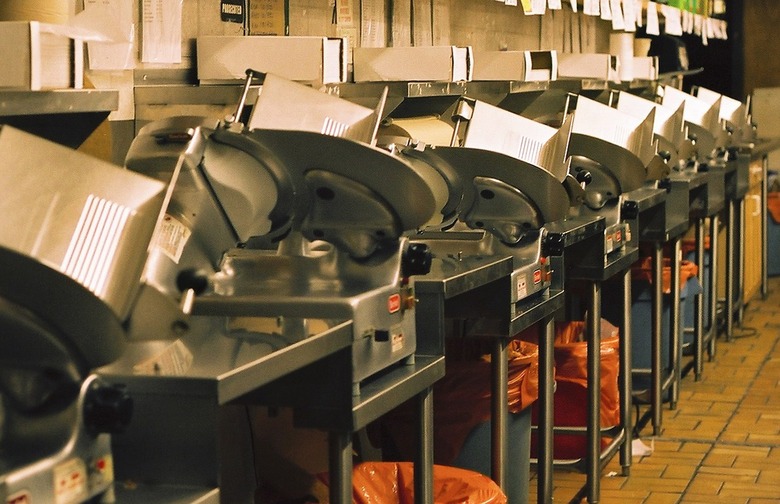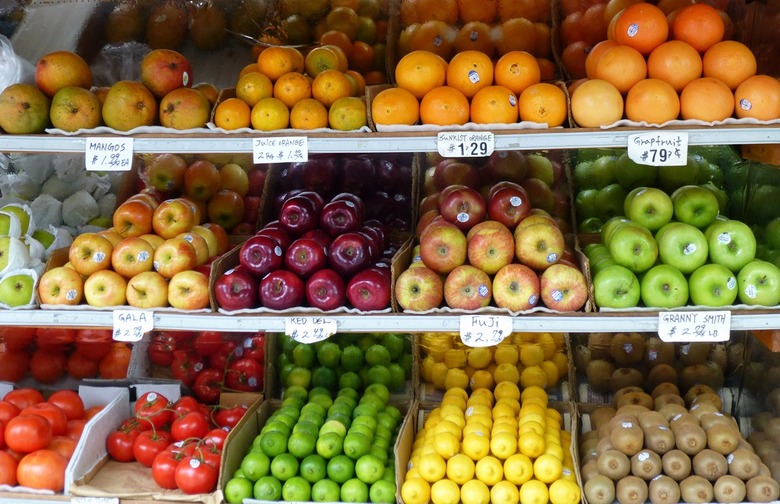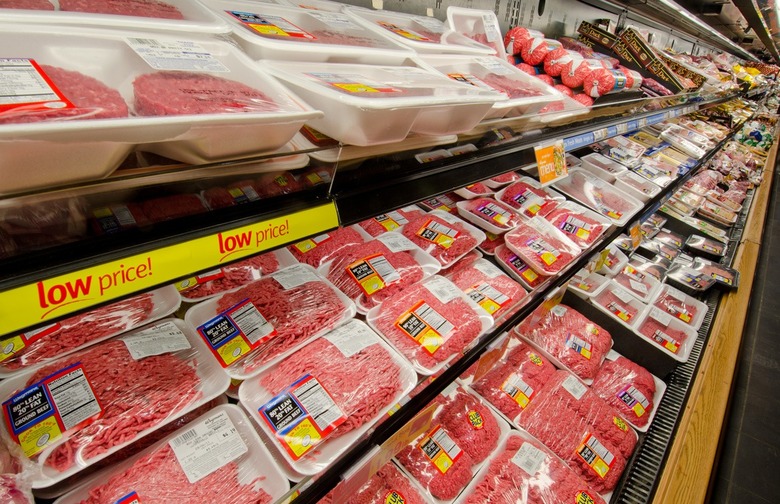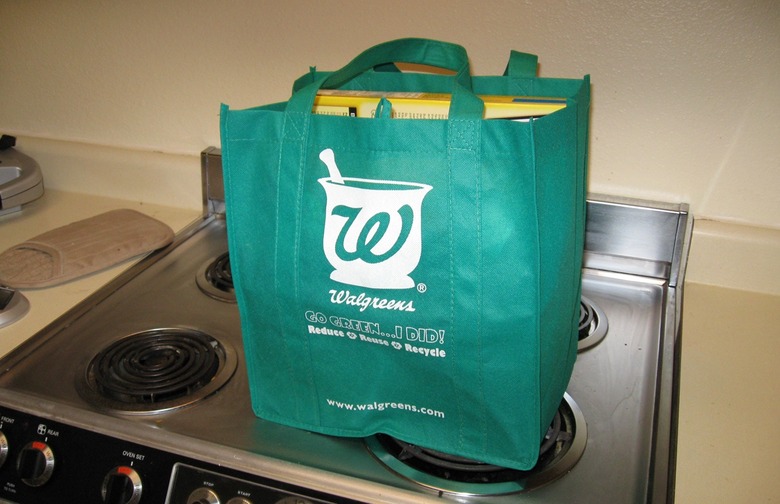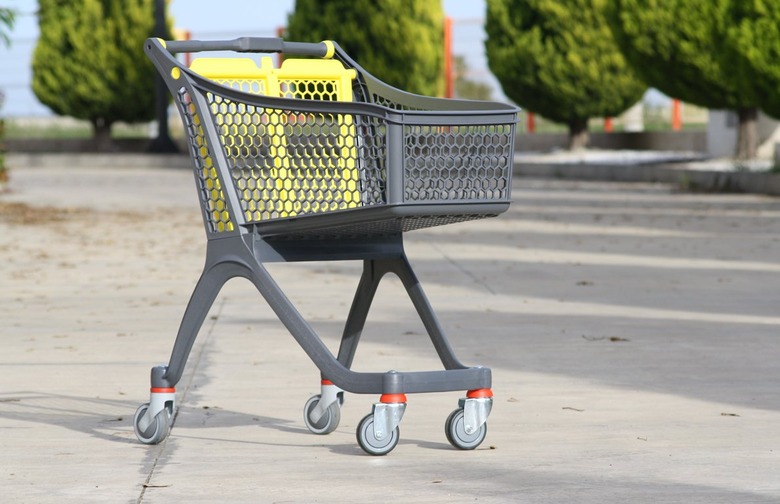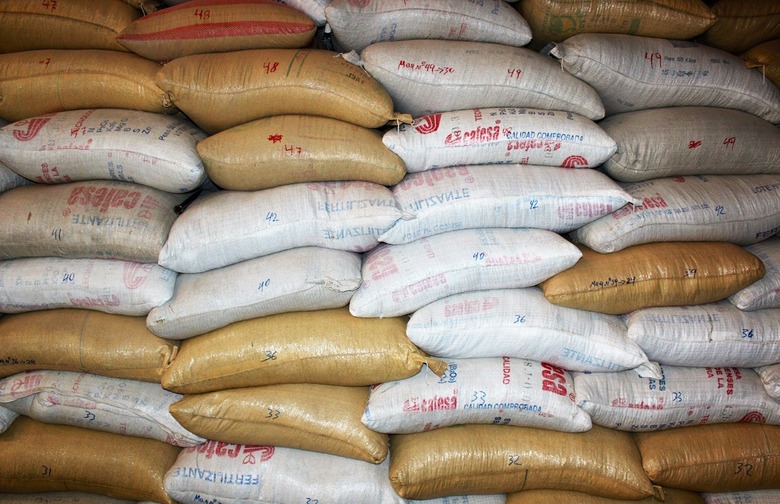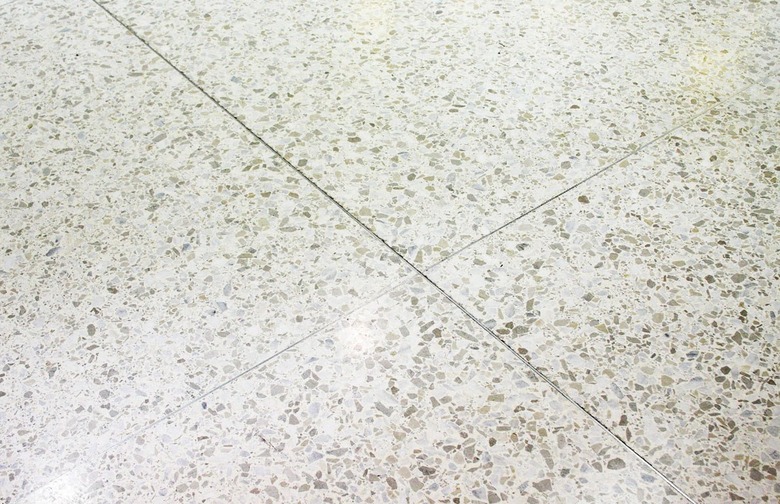Here Are The 10 Dirtiest Places In Every Supermarket
Let's face it: Everything around us is pretty dirty. Even if we wash our hands regularly and make sure that our living and working spaces are clean, the world is still an insanely germy place. Unfortunately, the same can be said for where we buy (and eat) our food. These are the 10 dirtiest places in every supermarket.
Checkout Counter
Think of all the things that come into contact with the checkout counter: money, your hands, the bottom of your purse (which most likely recently touched a bathroom floor)... all of these things are infested with germs.
Conveyor Belt
The conveyor belt on the checkout line is rarely, if ever, cleaned, and can last for up to 30 years. On top of that, they're made from petroleum-based PVC, which is porous and nearly impossible to clean. A study by the International Association of Food Protection showed that yeast, mold, staph, and coliform live and grow on the belts, and a study by Michigan State University found bacteria on 100 percent of belts tested.
Credit Card Keypad
Just about everybody pays for their groceries with credit cards, and you can't use your credit card without using a keypad, or at least using that "pen" to sign your name on the screen. The more that human hands touch something the filthier it will be. We highly doubt that those keypads are being cleaned daily.
Deli Slicer
The deli slicer, and the cold cuts that it slices, are at serious risk of contamination. If the blade isn't regularly cleaned, it can transfer bacteria (including listeria) to everything it touches. A joint team of researchers from the USDA, FDA, and CDC sampled deli meats at the point of purchase, and three percent tested positive for listeria.
Fruit
There's a reason why we're told to wash fruit before eating it, and it's about more than removing pesticides. It's commonplace to handle fruit before buying it. Ready-to-eat fruits like apples and peaches can be touched by dozens of people by the time you get to it. Dents or bruising in fruit can provide a way in for pathogens, while pre-sliced fruit might have been cut with a dirty knife or by someone with dirty hands.
Raw Meat Packages
Raw meat can harbor E. coli, listeria, and plenty of other nasty pathogens. Plastic wrap isn't the best defense against the outside world. Ever picked up a package of raw chicken only to have it leak all over the other packages? That right there is how people get sick.
Reusable Grocery Bags
If you choose canvas over paper or plastic, make sure you're throwing them in with your regular wash because those reusable grocery bags can get pretty filthy. Not just the handles (which are obviously germ-ridden because it's where you touch the most), but the inside (which comes in contact with all sorts of food) and the bottoms (which touch the ground). Think twice before you rest these bags down on your clean kitchen counter.
Shopping Cart Handles
This is the big one, the one everyone knows about, and is a complete no-brainer: Everyone who walks into the supermarket grabs a shopping cart and spends quite a while holding onto the handle. They're washed quite infrequently, which probably comes as no surprise. You might also want to think twice before putting food into the shopping cart's upper section, which – don't forget – doubles as a seat for diaper-clad babies. Blech.
Storage Areas
There's a lot more to the supermarket than what's on view to the general public. And unfortunately, the areas where the food is stored before it's stocked can be really, really gross. For example, a recent look into New York supermarkets found that the storage areas were home to mice (both dead and alive), mouse droppings, and roaches.
The Floor
Needless to say, when hundreds of people trample something every day it's going to get pretty nasty. Yet we still see customers picking dropped produce up off the floor and returning it to the shelf all the time. If something falls to the floor, anywhere, consider it a lost cause.
